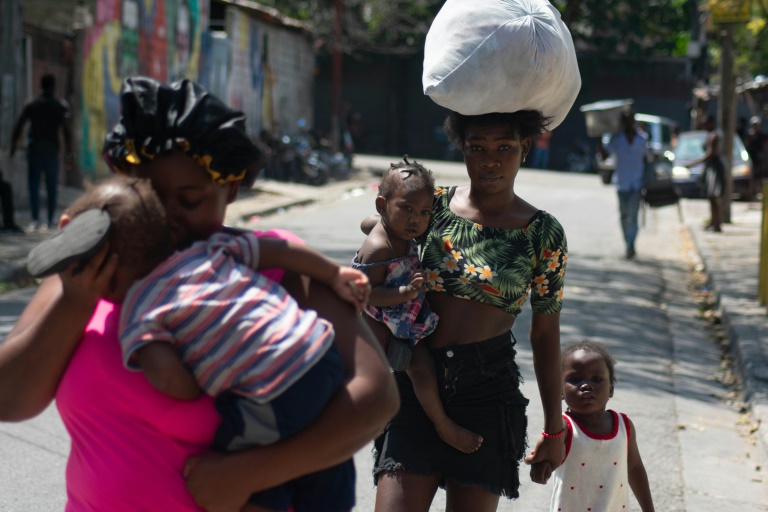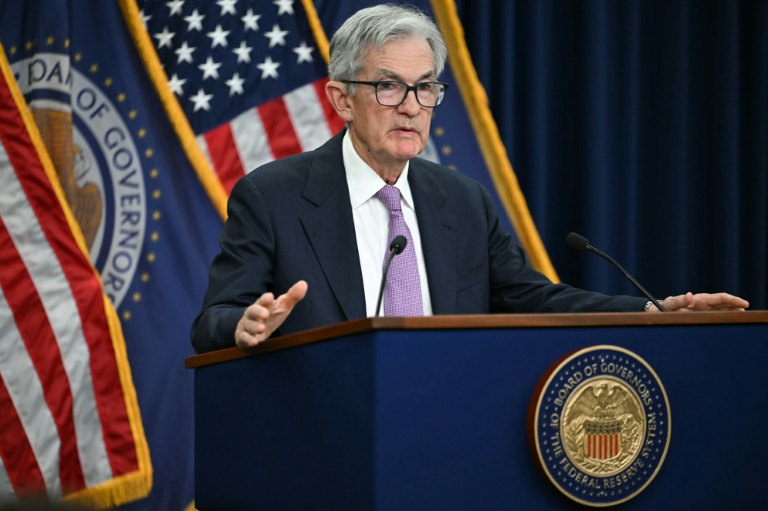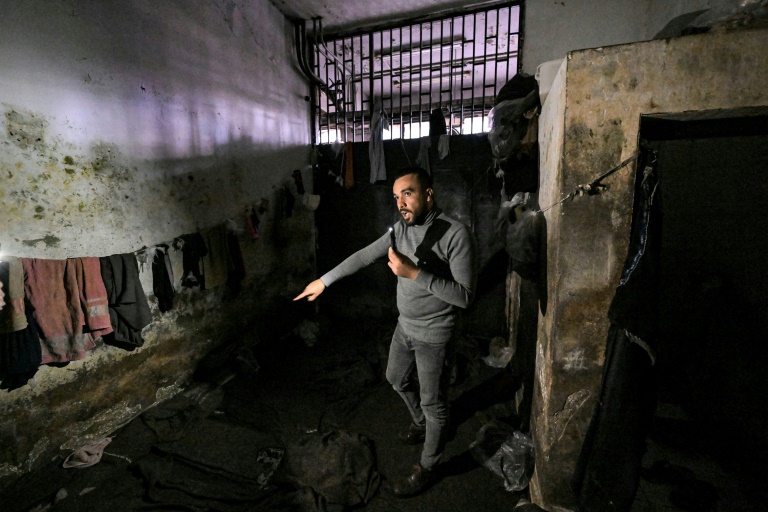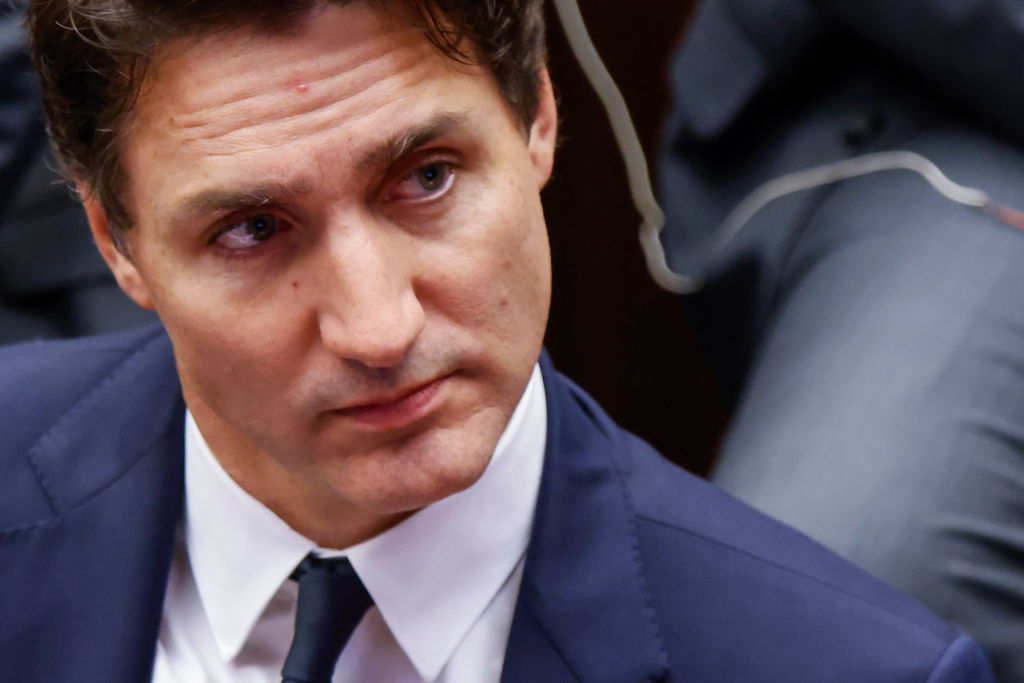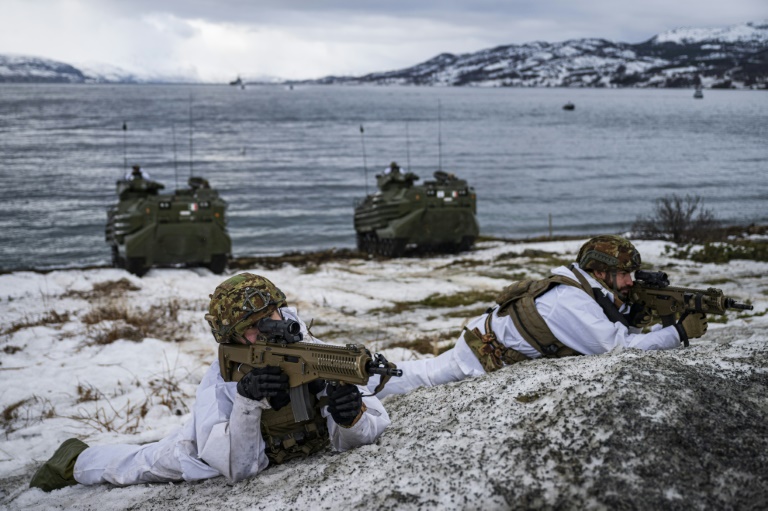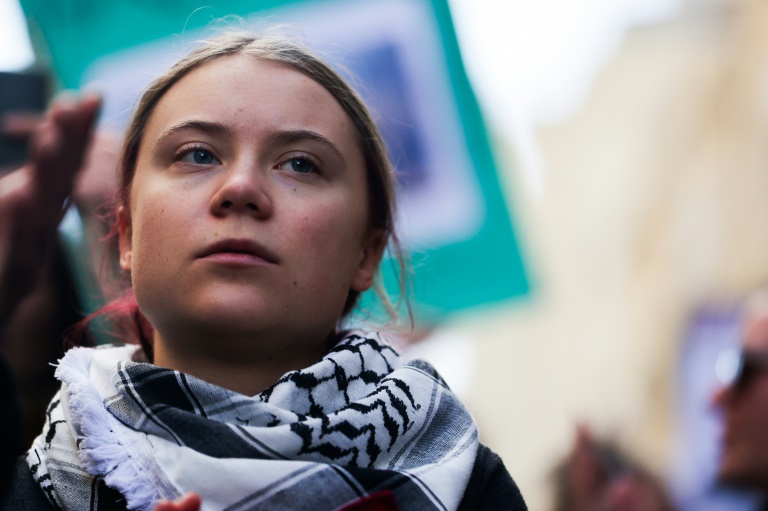Envoys from key nations were set to meet Monday in Jamaica to address the spiraling instability in Haiti, where gang violence has crippled the impoverished nation’s capital and forced foreign diplomats to evacuate over the weekend.
Armed groups, which already control much of Port-au-Prince as well as roads leading to the rest of the country, have unleashed havoc in recent days as they try to oust Prime Minister Ariel Henry.
In power since the 2021 assassination of president Jovenel Moise, Henry was abroad seeking to shore up support for a UN-backed security support mission when the latest burst of violence broke out. He has been unable to return.
The CARICOM alliance of Caribbean nations has summoned its leaders as well as envoys from the United States, France, Canada and the United Nations to a meeting in Kingston, Jamaica to discuss the crisis.
Secretary of State Antony Blinken was headed Monday to Kingston, the State Department said.
The top US diplomat was to discuss a proposal “developed in partnership with CARICOM and Haitian stakeholders to expedite a political transition in Haiti.”
Guyanese President Mohamed Irfaan Ali, the current CARICOM chair, said Monday morning that talks to bring “stability and normalcy” to Haiti were ongoing, but that Haitian stakeholders “are not where they need to be.”
“Time is not on their side in agreeing to the way forward,” Ali warned in a video on social media.
AFP reporters saw bodies can be seen lying in Port-au-Prince streets and some 362,000 Haitians have been displaced, according to the International Organization for Migration.
The European Union said Monday all of its diplomatic personnel had been evacuated from Haiti, a day after the United States announced it had airlifted non-essential US staff from its embassy.
The German foreign ministry meanwhile said its ambassador had departed on Sunday for the Dominican Republic “due to the very tense security situation in Haiti.”
On Saturday, dozens of residents sought safety in public buildings and at least in one case broke in to seek refuge, according to an AFP correspondent.
Police late Friday repelled gang attacks, including on the presidential palace, while several “bandits” were killed, Lionel Lazarre, of the Haitian police union, said.
The well-armed gangs recently have attacked critical infrastructure, including two prisons, allowing most of the 3,800 inmates to escape.
Along with some ordinary Haitians, the gangs are seeking the resignation of Henry, who was due to leave office in February but instead agreed to a power-sharing deal with the opposition until new elections are held.
Washington has asked Henry to enact urgent political reform. He was in Kenya when the violence erupted and is now reportedly stranded in the US territory Puerto Rico.
The UN Security Council gave its green light in October for a multinational policing mission led by Kenya, but that deployment has been stalled by Kenyan courts.
Port-au-Prince and the surrounding region is under a month-long state of emergency, while a nighttime curfew is in effect until Monday, though it is unlikely overstretched police can enforce it.
In Port-au-Prince, Filienne Setoute told AFP how she had worked for the Ministry of Social Affairs and Labor for more than 20 years.
That job meant she “was able to build my own house,” she said. “But now here I am, homeless. I’m fleeing without knowing where to go, it’s an abuse.”
Haiti’s airport remained closed while the main port — key for food imports — reported looting since suspending services Thursday.
In one hopeful sign, a Catholic parish said Sunday that four missionaries and an associate were freed after being kidnapped last month in Port-au-Prince, where abductions have become commonplace.
AFP
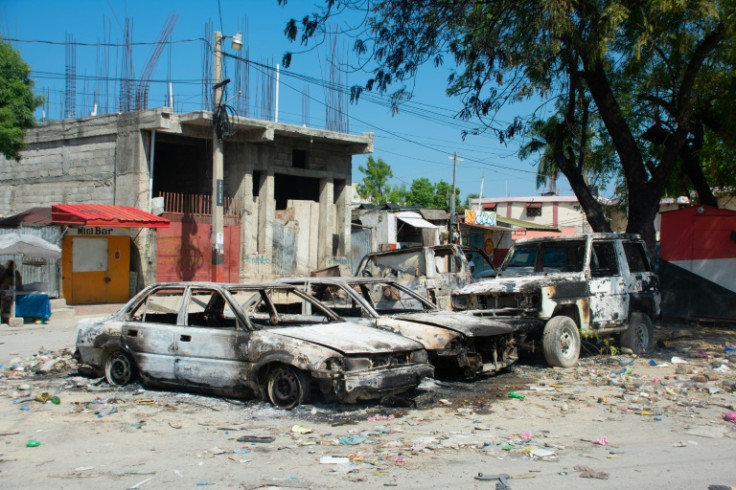
AFP

AFP

